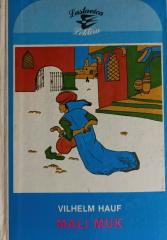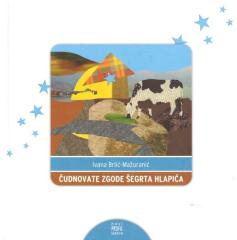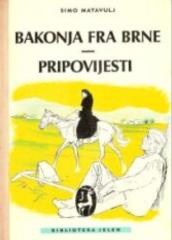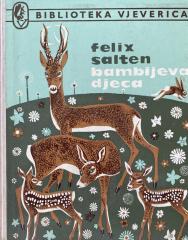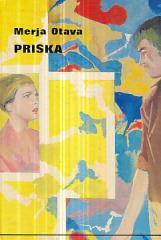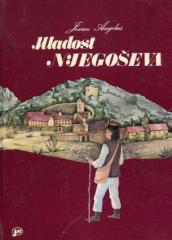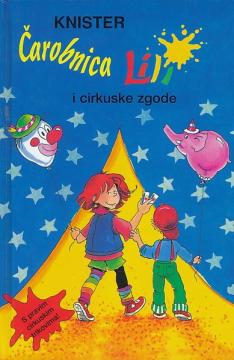
Čarobnica Lili i cirkuske zgode
When the circus comes to town, Lily must use her magical skills to get another ticket for her friend.
As always, the little sorceress will use her skills to make everything she touches more interesting.
No copies available
The last copy was sold recently.
